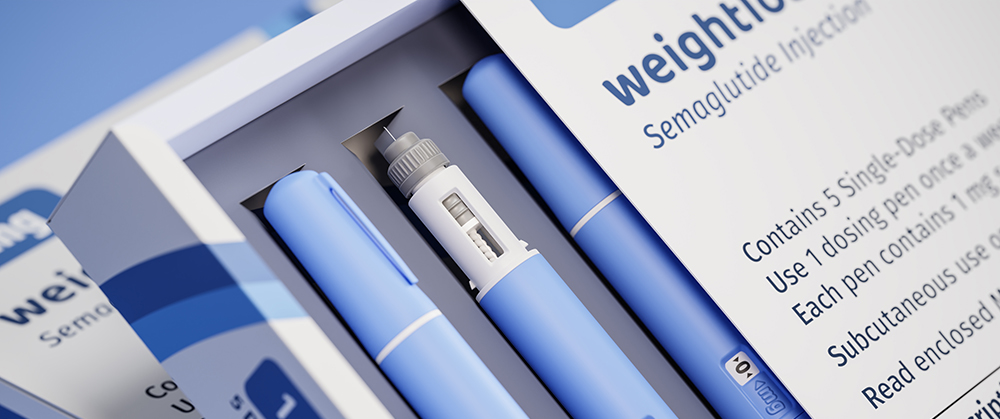Bariatric surgeries to treat obesity dropped 25.6% from 2022 to 2023, while prescriptions for GLP-1 drugs more than doubled during that period, according to a new study of privately insured Americans with obesity. However, those who opt for the surgery are seeing better long-term results.
Many surgical programs that perform bariatric surgeries actually saw record business coming out of the pandemic. “But that growth trajectory dropped precipitously during 2023, corresponding with a massive uptake in GLP-1 drugs,” said Thomas Tsai, the study’s lead author.
The growing preference for GLP-1 drugs like Wegovy and Zepbound is (high cost notwithstanding) understandable, given that bariatric surgery is a more invasive and permanent option. But physicians say surgery is still the better (and more affordable) long-term choice.
At a scientific meeting in June, researchers reported that 10 years after bariatric surgery, many people still weighed 25% less than before their operation. Conversely, while weekly injections of GLP-1 drugs reduce body weight by as much as 21%, about one-half of the weight returns once treatment stops.
Drugmakers defending the increased popularity of GLP-1s point to a growing list of ancillary benefits, such as reduced risk of heart disease and stroke for people who have already experienced a cardiac event. But the list of side effects has seen a similar increase, including potential links to intestinal blockage, blood clots, and thyroid tumors.
As we’ve stated previously, MedBen Rx does not currently recommend covering obesity drugs… but if you are thinking of covering them, we will work with you to examine potential options and implement a strategy that addresses employee needs.

